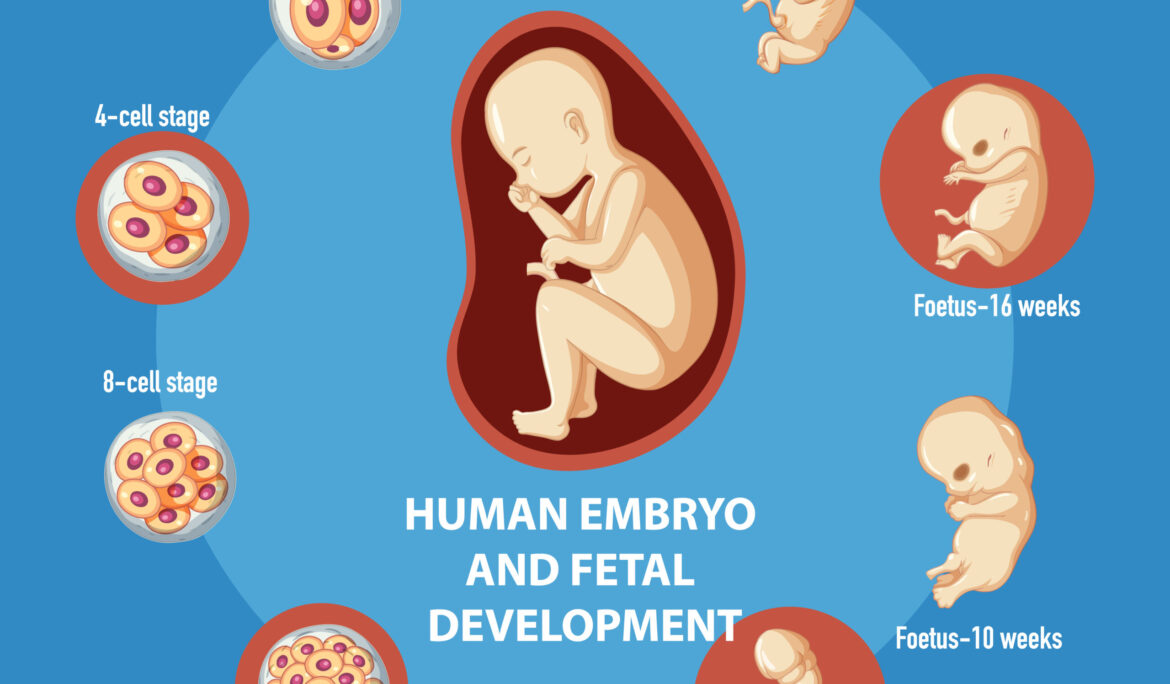Who Needs Donor Embryo? Understanding the Benefits and Eligibility


The journey to parenthood can be challenging, and for some couples, traditional fertility treatments may not be enough. This is where donor embryos can make a significant difference. But who exactly needs a donor embryo, and how can it help in achieving the dream of having a child? In this article, we’ll explore the various scenarios where using a donor embryo is the best option, highlighting the benefits and eligibility for this advanced fertility treatment.
What Is a Donor Embryo?
A donor embryo is an embryo created from the egg and sperm of donors, rather than the intended parents. This embryo is then transferred into the uterus of the recipient, offering the chance for pregnancy and childbirth. Donor embryos are often provided by couples who have completed their families and wish to donate their remaining embryos to help others.
Who Needs a Donor Embryo?
-
Couples Facing Severe Infertility Issues
- Couples who have tried multiple IVF cycles without success may be ideal candidates for donor embryos. If both partners have infertility issues—such as poor egg quality, low sperm count, or other reproductive challenges—a donor embryo can offer a fresh opportunity for pregnancy.
-
Women with Premature Ovarian Failure
- Women who experience premature ovarian failure or early menopause often have difficulty producing viable eggs. For these women, a donor embryo is a viable solution, allowing them to carry a pregnancy despite their inability to produce eggs.
-
Couples with Genetic Disorders
- For couples who carry genetic disorders that could be passed on to their offspring, using a donor embryo can eliminate the risk of transmitting these conditions to their child. This option provides peace of mind and a healthy start for their future family.
-
Couples Who Have Experienced Multiple IVF Failures
- Couples who have undergone several unsuccessful IVF cycles using their own eggs and sperm may find success with a donor embryo. The quality of donor embryos, typically from younger and healthy donors, can significantly increase the chances of a successful pregnancy.
-
Couples Who Have Experienced Multiple Miscarriages
- Recurrent miscarriages can be devastating, and sometimes, the cause is related to genetic or chromosomal issues. Donor embryos, which are thoroughly screened for such abnormalities, offer these couples a better chance of carrying a pregnancy to term.
The Benefits of Using a Donor Embryo
- Higher Success Rates: Donor embryos generally come from healthy donors, often resulting in higher success rates compared to traditional IVF with the couple’s own eggs and sperm.
- Reduced Risk of Genetic Disorders: Using a donor embryo can help prevent the transmission of genetic disorders, ensuring a healthier outcome for the child.
- Opportunity to Experience Pregnancy: For women who cannot produce viable eggs but can still carry a pregnancy, donor embryos offer the chance to experience the joys of pregnancy and childbirth.
- Cost-Effective Option: In some cases, using a donor embryo may be more cost-effective than pursuing multiple IVF cycles with the couple’s own eggs and sperm.
How to Determine If Donor Embryo Is Right for You
Determining whether a donor embryo is the right option for you involves a thorough consultation with a fertility specialist. The specialist will review your medical history, discuss your fertility challenges, and explore all available options. If a donor embryo is recommended, the clinic will guide you through the matching process, ensuring that the embryo selected aligns with your needs and preferences.
Conclusion
Donor embryos provide a unique and highly effective solution for couples and individuals facing complex fertility challenges. Whether due to infertility, genetic disorders, or repeated IVF failures, a donor embryo offers a new path to parenthood. If you believe a donor embryo might be the right option for you, consult with a fertility specialist to explore this life-changing opportunity.



